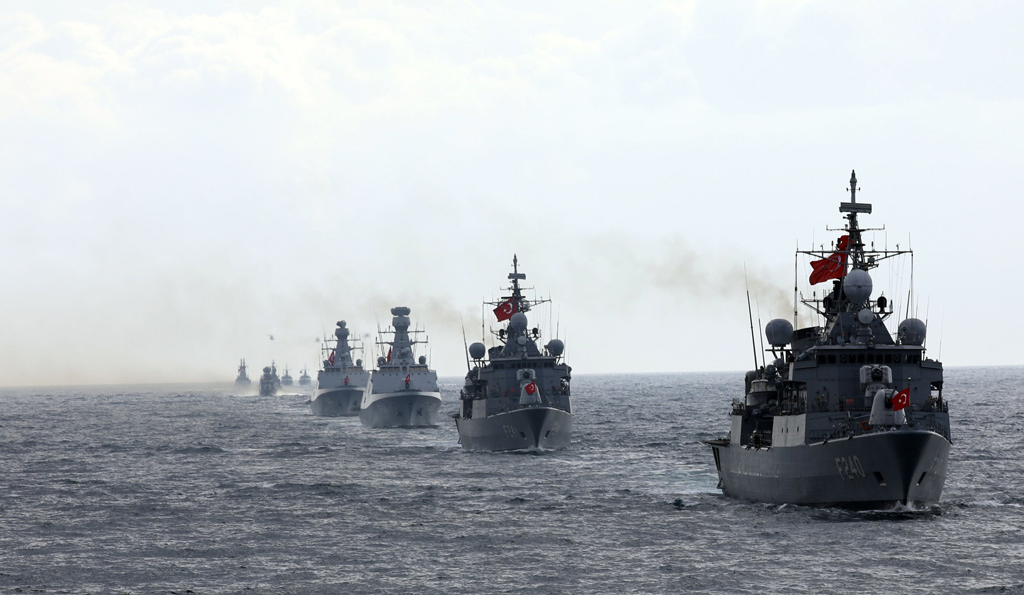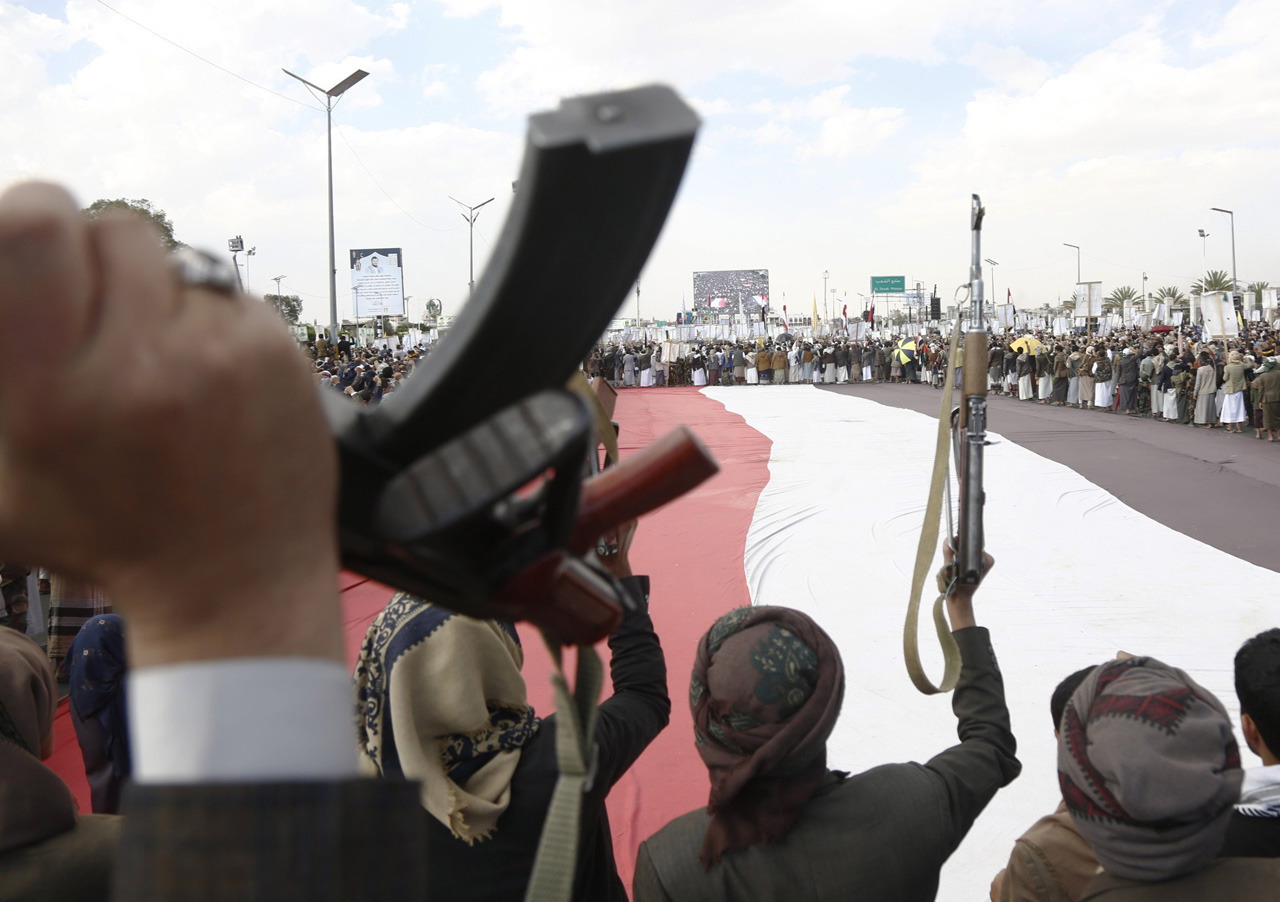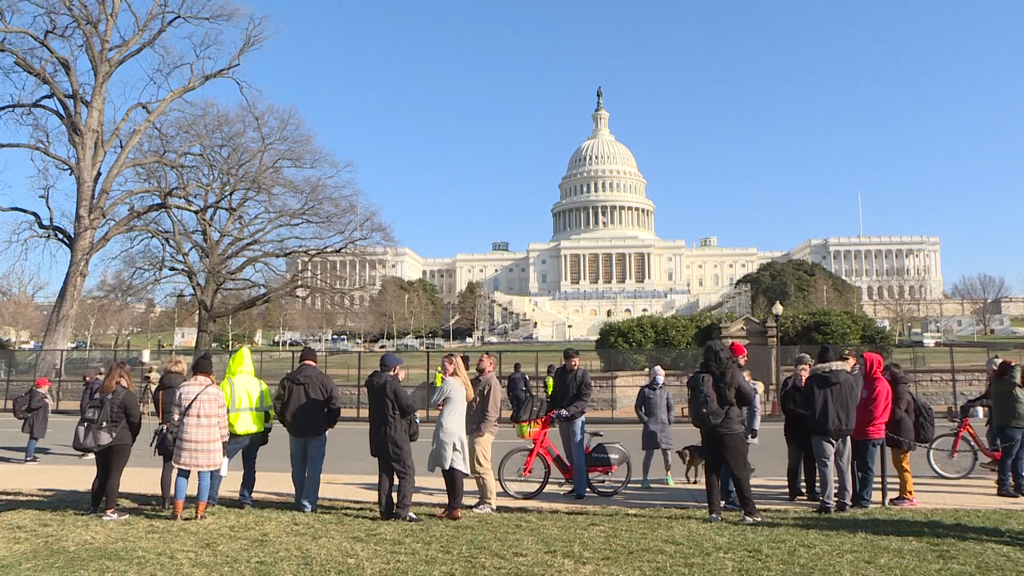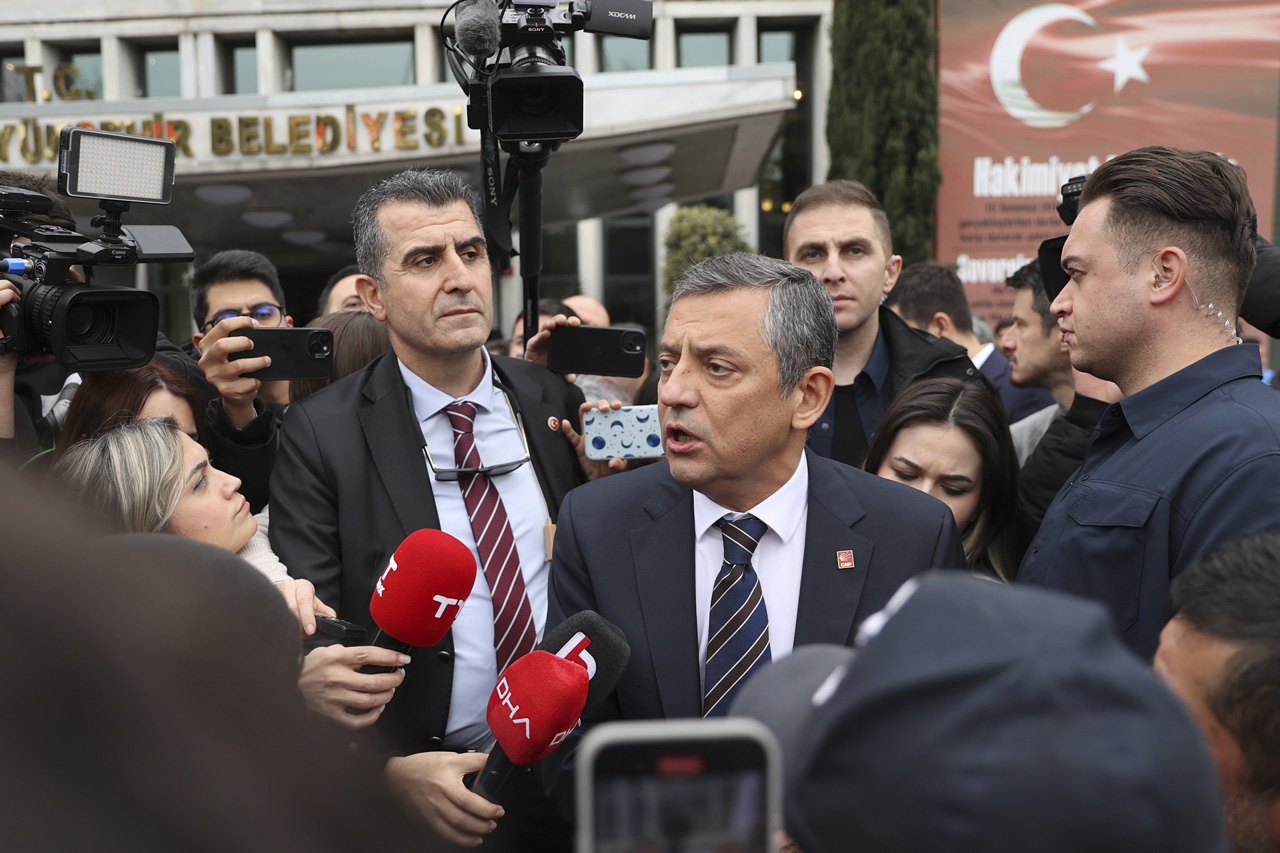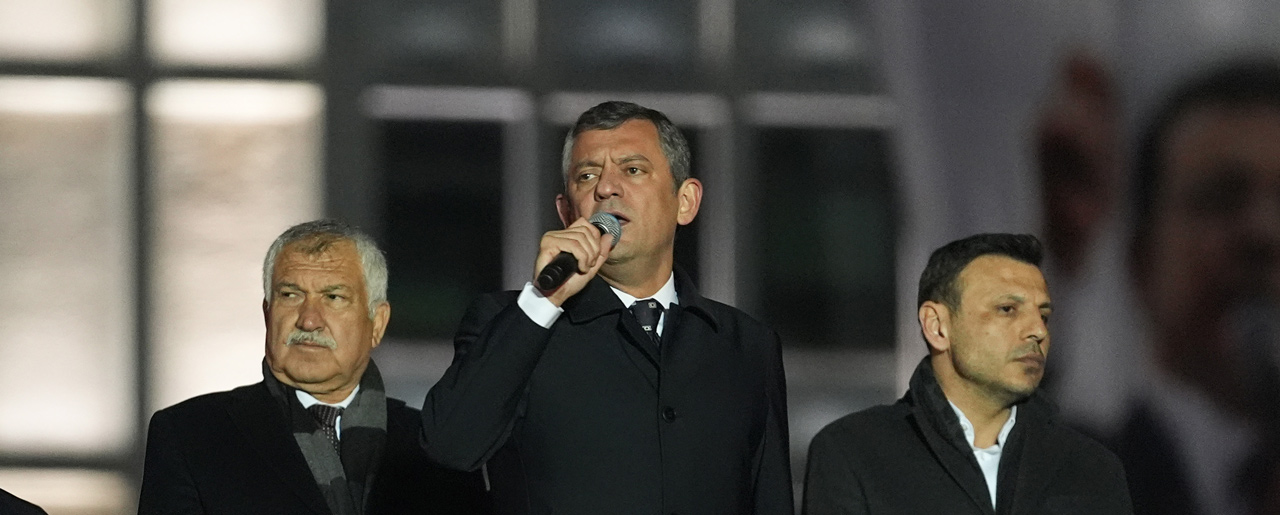Sidelining Turkey
The Biden administration may reconsider returning to the Joint Comprehensive Plan of Action (JCPOA) or the Iranian nuclear deal. Still, after expanding in Iraq, Syria and Yemen, Iran will be unwilling to backtrack its strategic gains. Washington also seems reluctant to expand its military presence in the MENA region. It will be challenging for Washington to gain more from the JCPOA without putting more pressure on Iran. It will be impossible to put more pressure on Iran by withdrawing its troops from Iraq, Afghanistan and the Persian Gulf. This paradoxical situation may force Washington to change its dysfunctional regional strategy. Containing Iran by using the Kurds, Saudi Arabia and some Gulf monarchies is a dysfunctional Washington policy. This strategy, coordinated during the Donald Trump administration, has already crumbled. In the Eastern Mediterranean, Washington is the key factor in coordinating efforts to push Greece forward and contain Turkey. Washington and Athens share a similar concern about Turkey's increasing military and geopolitical influence in the region. Washington's efforts to bring Greece, Egypt, Israel, and the United Arab Emirates (UAE) closer to balance Moscow and Ankara is a mission impossible. France is also playing along with this alliance, but Paris' objectives do not overlap with those of Washington or Athens. Coordinating their interests may be much easier and much less costly for Ankara and Paris, than trying to contain each other in the Eastern Mediterranean and North Africa. Washington's efforts to reduce its dependence on Turkey in the security of the Black Sea is also another deadlock. Washington has been expanding its military presence in Greece and Romania over the last couple of years to strengthen its presence in the Black Sea. The Biden administration will probably boost its security ties with Ukraine, and Georgia's strategic significance will increase over the coming years. The U.S. efforts to strengthen its standing, and encircle and balance Russia are contingent on too many complicated conditions. Alienating Turkey further will not help Washington's efforts to counterbalance Russia in the Black Sea basin.A costly stalemate
Politicians, analysts and pundits in Europe and the U.S. continue to claim that Turkey is not an inevitable asset for trans-Atlantic security. They try to convince decision-makers to punish and put more pressure on Turkey in order to regain Turkey's loyalty. Efforts to engage with opposition parties are another game plan to weaken Erdoğan and the People's Alliance. Turkey is not the ally it used to be during the Cold War. Efforts to expand Turkey's strategic autonomy and reduce Turkey's dependence on imported military technology will continue, whoever controls the government in Ankara. A reset between Ankara and Washington and Brussels seems to be problematic in the short run. Continuing the toxic stalemate is also costly to the interests of all parties. Struggling to get more by insisting on the current dysfunctional impasse, both the U.S., the EU and Turkey are risking more losses. All the parties seem to be in the mood for strategic patience to gain more. Working on some concrete confidence-building steps rather than waiting for a reset or complete avoidance will be a much better strategy to strengthen the trans-Atlantic partnership. Sooner or later, the parties will recognize this.
[Daily Sabah, March 18 2021]

